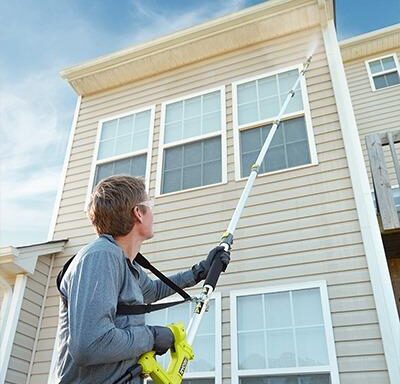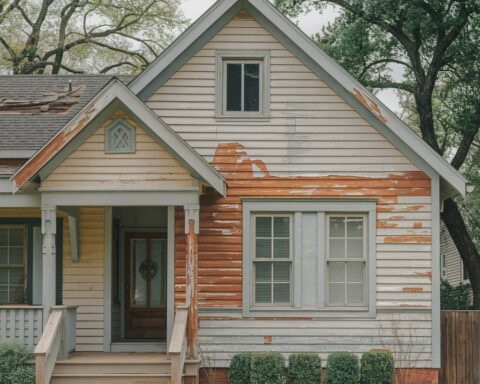Selling a house in great condition is hard enough. But selling one that has seen better days? That can feel like an impossible challenge. Don’t worry, though-we’ve got you covered.
Whether your home needs a few touch-ups or a complete overhaul, this guide will walk you through the dos and don’ts of selling a house in poor condition.
Do: Make Necessary Repairs
Selling a house in poor condition does not mean you should neglect necessary repairs. In fact, taking care of basic repairs can go a long way in increasing the value and appeal of your home. This includes fixing leaky faucets, repairing cracked walls or floors, and replacing broken appliances.
Property buyers are more likely to make an offer on a house that is move-in ready, so investing in these repairs can pay off in the long run.
Do: Clean and Declutter
A clean and clutter-free home can make a huge impact on potential buyers. It’s important to deep clean your house, including areas that may have been neglected such as the attic, basement, or garage.
By decluttering your space, you can create an illusion of more space and allow buyers to envision themselves living in the house. A single-family home-for-sale in great condition with minimal clutter and a fresh scent can be more attractive to buyers than a larger, messier alternative.
Do: Highlight the Potential
Even if your house is not in the best physical shape, it may have other desirable features that make it worth buying. For example, your home may be located in a desirable neighborhood or have a large backyard.
Be sure to highlight these selling points in your listing and during showings. You can also consider including before and after photos of any renovations or improvements you have made to showcase the potential of the property. Try a solution like this to make your house stand out in a crowded market.
Don’t: Overprice
It may be tempting to try and make up for the poor condition of your home by setting a higher price, but this can backfire. Overpricing your home can lead to fewer potential buyers and ultimately result in your house sitting on the market for longer than necessary.
Do your research and consult with a real estate agent to determine a fair and competitive price for your property.
Don’t: Hide Major Issues
While it’s important to highlight the potential of your property, you should never hide any major issues or try to deceive potential buyers. This can cause trust issues and may even lead to legal consequences down the line.
Be upfront about any major repairs or issues that need to be addressed, and consider getting a home inspection before putting your house on the market.
Don’t: Neglect Curb Appeal
First impressions are crucial when it comes to selling a house, so don’t neglect the exterior of your property. Improving curb appeal doesn’t have to break the bank-it can be as simple as mowing the lawn, trimming hedges, and adding a fresh coat of paint to your front door.
A well-maintained exterior can help attract potential buyers and make them more interested in seeing the rest of the property.
Making Necessary Steps Before Selling a House in Poor Condition
With the right approach, selling a house in poor condition can be a successful and profitable experience. Don’t be discouraged by the condition of your house-instead, use it as an opportunity to showcase its unique features and find a buyer who sees its true potential.
Visit our website and read more.
Keep an eye for more latest news & updates on Essential Tribune!








